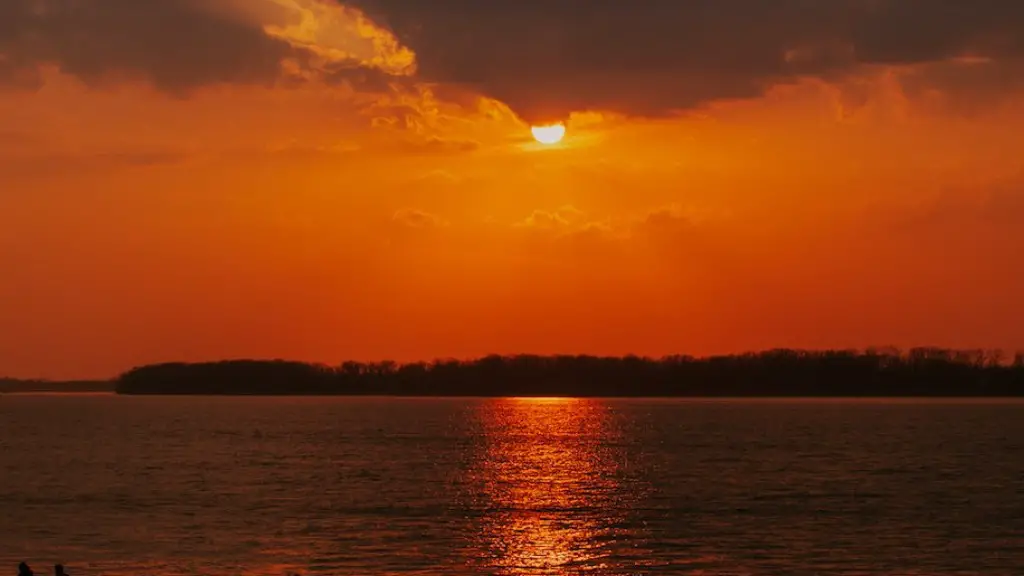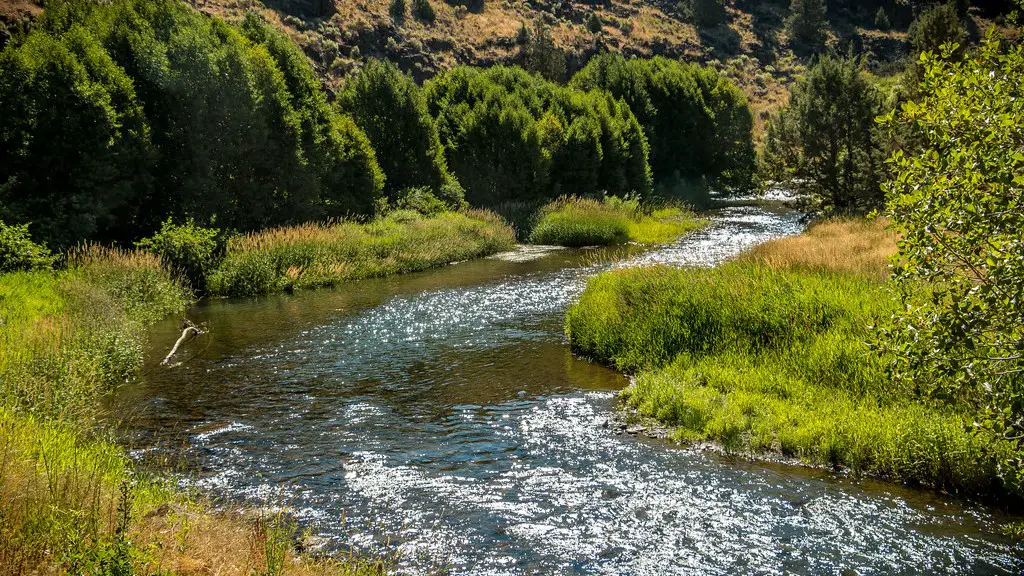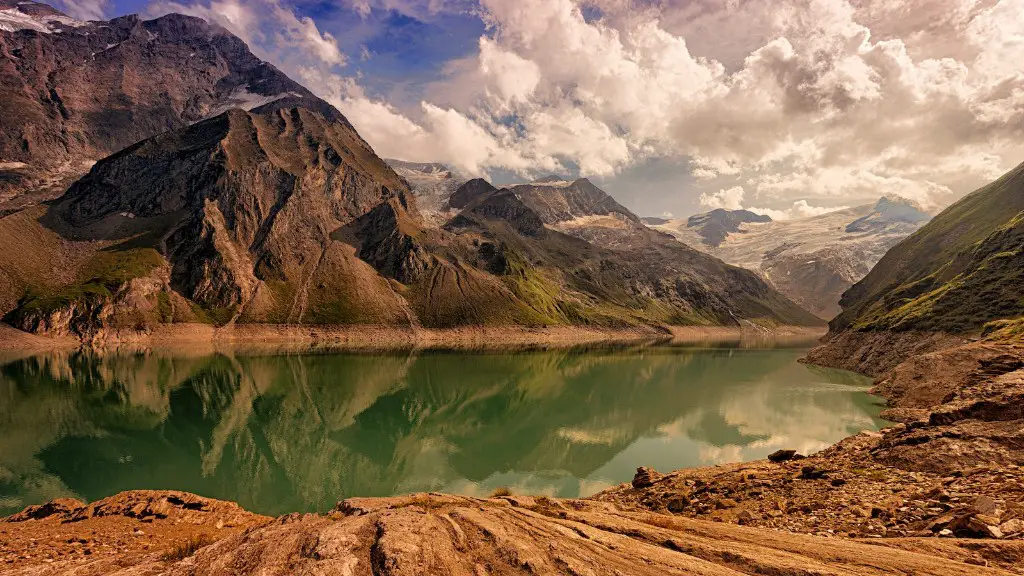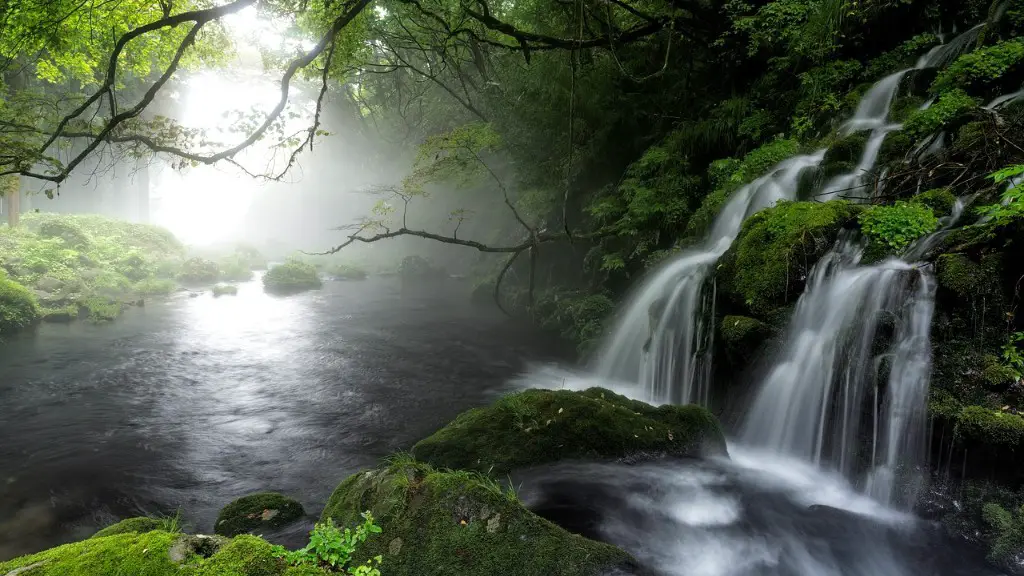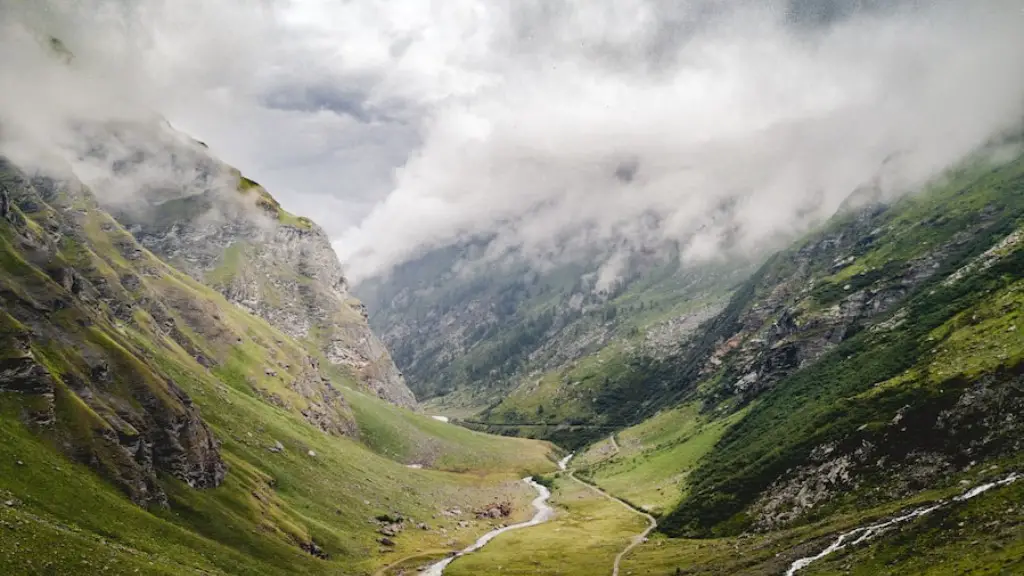What Cities are Located Near the Mississippi River
The Mississippi River is one of the most important rivers in the United States, stretching from Minnesota to the mouth of the Gulf of Mexico near New Orleans. It has been a vital transportation and trading route for centuries and has seen the rise and fall of dozens of cities since the early days of exploration in the region. Today, the Mississippi River is still an important part of the American economy, and many cities are located near its banks.
Most of the cities located near the Mississippi River are in the Midwest, although there are a few points of interest in Louisiana, Mississippi, Arkansas, and other Southern states. St. Louis, Missouri, is one of the best-known cities near the Mississippi, and it is one of the busiest hubs along the river. St. Louis is home to many large corporations, including the Anheuser-Busch brewery, and it is also a popular tourist destination.
Memphis, Tennessee, is another interesting city located near the Mississippi River. Memphis was once an important port on the river, and it is home to an eclectic mix of cultures and traditions. It is known as “The Home of the Blues” and is an important center for music in the area. The city’s famous Beale Street district is home to some of the best jazz clubs in the world.
In Louisiana, New Orleans is one of the most well-known cities near the Mississippi. It is known for its vibrant arts and music scene, and its vibrant French Quarter offers plenty of great restaurants, bars, and attractions. The historic Algiers Point neighborhood is just across the river from downtown, and it is a great place to explore the city’s rich history.
The Mississippi River is also home to other important cities, including St. Paul, Minnesota, and Cedar Rapids, Iowa. These cities are prime locations for businesses that specialize in river transportation, and they are also attractive places for tourists. St. Paul, for example, is home to the Science Museum of Minnesota, one of the largest science museums in the country.
The Mississippi River is an important part of the American economy, and its proximity to several large cities has made it one of the most important trading routes in the country. With many interesting places to visit, the Mississippi River is a great place to explore the culture and history of the United States.
Manufacturing Centers
Manufacturing has long been an important component of the Mississippi River economy. Many cities along the river, such as Muscatine, Iowa, and Quincy, Illinois, were once home to thriving industrial production operations. Today, many of these facilities have closed, but the cities remain important centers for agriculture and light manufacturing.
In recent years, some of the formerly active factories have been converted into museums, such as the Muscatine History and Industry Center, which is dedicated to the history of the production of pearl buttons. The Quincy Museum of Industry and History is another popular attraction in the area, featuring exhibits about the industrial history of the region.
The cities along the Mississippi River have also become important centers for advanced manufacturing, as many companies have set up factories to take advantage of the area’s skilled labor force. These factories produce a wide variety of items, from automobile parts to aerospace components.
The Mississippi River’s connection to the modern manufacturing sector has helped these cities become important economic centers in their own right. By taking advantage of the river’s transportation network and the skilled labor force in the region, these cities have become important hubs of industry.
Agriculture and Fishing
Agriculture and fishing have also been important components of the Mississippi River economy throughout its history. Many cities along the river, such as Vicksburg, Mississippi, and Alton, Illinois, are home to some of the best agricultural land in the country. Farms in these areas produce a variety of crops, including soybeans, rice, and cotton.
The river also provides an important source of food for local residents. Fishing is an important industry in many of the towns along the Mississippi, with species such as catfish, bass, and carp being particularly sought after. Local restaurants often feature dishes made from the river’s bounty.
Fishing is also an important source of income for many of the smaller towns along the river. The river provides many opportunities for recreational fishing, including bass tournaments and other events. In some towns, charter fishing trips are a popular activity for both visitors and locals.
Agriculture and fishing have played an important role in the Mississippi River economy for centuries, and they remain important sources of income and employment in many of the cities that lie along its banks.
Tourism
The Mississippi River is also an important source of tourism for the states that lie along its banks. Many people come to the area to explore its history, culture, and natural beauty. There are numerous historic sites located along the river, including the numerous Civil War battlefields that dot the landscape.
The cities along the Mississippi are also a major part of the area’s tourism industry. St. Louis, New Orleans, Memphis, and Vicksburg are all popular tourist destinations. The cities offer a variety of different attractions, from museums and art galleries to festivals and live music.
The Mississippi River is also an important part of the country’s recreational activities. It is a popular destination for boaters and fishermen, and there are plenty of opportunities to do both. The Mississippi is also home to several large state parks and conservation areas, providing a great opportunity for those looking to explore the outdoors.
Tourism has become an important industry for the cities and states along the Mississippi River. It provides a much-needed boost to local economies, as well as a great way for visitors to experience the river’s culture and history.
Transportation
The Mississippi River is an important part of the nation’s transportation network. Several major highways, such as I-55, I-65, and I-70, run along the river’s course, and these roads provide easy access to the cities along the river. The river is also an important route for barges, providing an inexpensive way for companies to transport goods over long distances.
Railroads are also an important part of the Mississippi’s transportation network. The river is home to several important railroads, including Union Pacific and Burlington Northern. These railroads provide connections to the Midwest’s major cities, and they are an important part of the transportation system.
The river is also a vital part of the shipping industry. Many large ports are located along the Mississippi, providing access to major international shipping routes. The ports are a major source of employment and economic activity for the cities located along the river.
The Mississippi River is an important part of the United States’ transportation network. The river provides an efficient and inexpensive way for businesses to ship goods, and it is an important part of the shipping industry.
Pollution
Unfortunately, the Mississippi River is also an important source of pollution. The river has been the victim of industrial waste, agricultural runoff, and untreated sewage for many years, and this has had a devastating effect on the river’s ecosystem.
The pollutants in the river have had a severe impact on the local wildlife. Pollutants such as lead and mercury have been found in the river’s fish, and in recent years the population of some species has been declining due to the contamination.
The issue of water pollution in the Mississippi is an important one, and there have been numerous efforts to clean up the river. The Environmental Protection Agency has taken steps to reduce the amount of pollutants entering the river, and many towns along the river have enacted local ordinances to protect the river’s water quality.
The Mississippi River is an important part of the United States’ infrastructure, but it is also an important source of pollution. It is up to the citizens of the states along the river to take action to protect the river’s environment.
